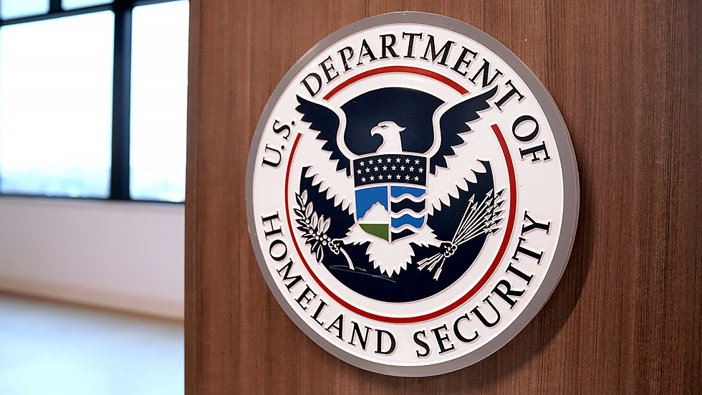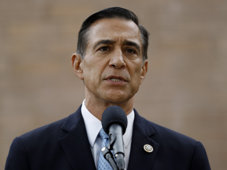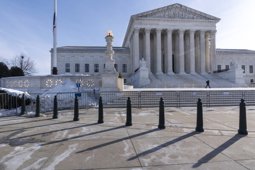
DHS Sues Maryland Federal Judges Over Immigration Stays
DHS sues all Maryland federal judges, challenging a court order that halts deportations in immigration cases.
Trump Administration Targets Maryland Court’s Immigration Policy
The Department of Homeland Security (DHS) has taken the extraordinary step of suing all 15 federal judges serving on the Maryland district court, arguing that the court’s recent policy of automatically pausing certain immigration cases is unlawful and undermines federal authority.
According to court filings on Tuesday, DHS attorneys labeled the Maryland court’s administrative order as an “egregious example of judicial overreach.” The order, issued in May, requires clerks to immediately enter temporary administrative injunctions in cases brought by immigrants challenging their detention—effectively blocking DHS from deporting or changing the legal status of these individuals for at least two business days.
The Maryland court defended its policy as a practical response to an increase in habeas corpus petitions filed by detained immigrants—especially those submitted after business hours, on weekends, and holidays. In its standing order, the court cited the need to maintain the status quo and ease scheduling burdens, stating, “The recent influx of habeas petitions concerning alien detainees purportedly subject to improper and imminent removal from the United States that have been filed after normal court hours and on weekends and holidays has created scheduling difficulties and resulted in hurried and frustrating hearings in that obtaining clear and concrete information about the location and status of the petitioners is elusive.”
DHS Demands Recusal, Broader Legal Implications
The Trump administration’s legal team also filed a separate motion, demanding that all defendant judges recuse themselves from the case and that the lawsuit be reassigned to an outside judge or transferred to a different district. The suit reflects broader frustrations within the Trump administration as its mass deportation agenda faces legal resistance from immigrants utilizing avenues provided under U.S. immigration law.
The Maryland order, though temporary, has significant effects: by automatically imposing administrative injunctions, it temporarily blocks deportations and gives immigrants more time to mount legal challenges. Federal attorneys argue this disrupts the enforcement of immigration law and sets a precedent that could spread to other courts.
The high-profile nature of the case is underscored by previous incidents in the district. Judge Paula Xinis, now among the named defendants, earlier ordered the Trump administration to return a Salvadoran national, Kilmar Abrego Garcia, who had been mistakenly deported before receiving due process. This incident marked the first known erroneous deportation by the Trump administration prior to the completion of legal proceedings, highlighting the stakes in cases involving removal and due process rights.
The outcome of the DHS lawsuit could have far-reaching consequences for how federal courts manage immigration challenges and for the limits of judicial intervention in executive immigration enforcement. As the case unfolds, it is poised to test the boundaries between the judiciary and the executive in shaping U.S. immigration policy.






